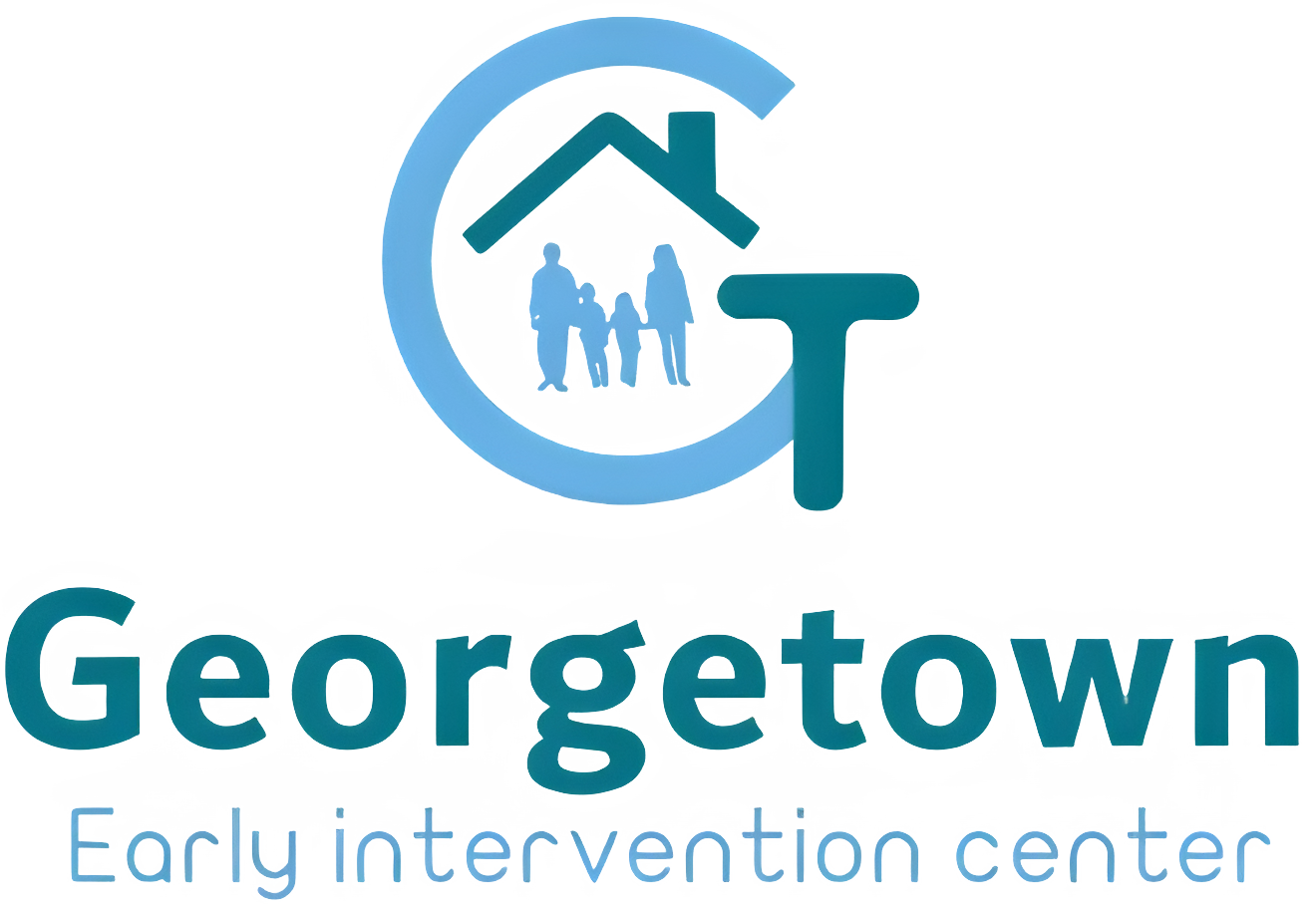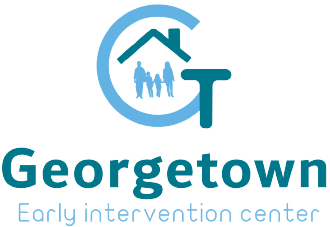Speech therapy plays a vital role in improving communication skills and overcoming speech and language difficulties. This comprehensive therapy encompasses various areas to address individual needs and support individuals in achieving their communication goals. In this post, we will delve into the areas covered in speech therapy services, highlighting their importance and benefits.
- Articulation and Pronunciation: Articulation and pronunciation are fundamental aspects of speech therapy. This area focuses on correcting speech sound errors and improving the clarity of speech production. A speech therapist works on teaching proper tongue placement, breath control, and muscle coordination to ensure accurate articulation and intelligibility.
- Language Development: Language development is a key component of speech therapy services. It involves enhancing vocabulary, sentence structure, grammar, and comprehension skills. Speech therapists employ various techniques, such as storytelling, games, and interactive activities, to promote language development and facilitate effective communication.
- Fluency and Stuttering: Fluency disorders, including stuttering, can significantly impact communication. Speech therapy addresses these challenges by helping individuals develop smoother and more fluent speech patterns. Techniques like controlled breathing, relaxation exercises, and speech strategies assist in managing and reducing stuttering, enabling confident and fluent communication.
- Voice and Resonance: Voice and resonance disorders can affect the quality, pitch, loudness, and resonance of speech. Speech therapy helps individuals overcome these challenges through exercises that promote vocal cord control, breath support, and resonance adjustment. The aim is to achieve clear, resonant, and comfortable vocal production.
- Pragmatic and Social Skills: Effective communication goes beyond language and speech mechanics. Pragmatic and social skills encompass understanding and utilizing nonverbal cues, turn-taking, initiating and maintaining conversations, and interpreting social contexts. Speech therapists work on these skills to foster social interactions, improve social confidence, and enhance overall communication abilities.
- Swallowing and Feeding: Speech therapy also extends to swallowing and feeding disorders. Speech therapists evaluate and treat difficulties related to swallowing, oral motor skills, and feeding to ensure safe and efficient swallowing function. They employ strategies, exercises, and modifications to address swallowing challenges and promote healthy feeding habits.
- Augmentative and Alternative Communication (AAC): For individuals with severe communication impairments, speech therapy may involve the use of augmentative and alternative communication systems. These systems include communication boards, sign language, picture exchange systems, and electronic devices to facilitate effective communication and language expression.


